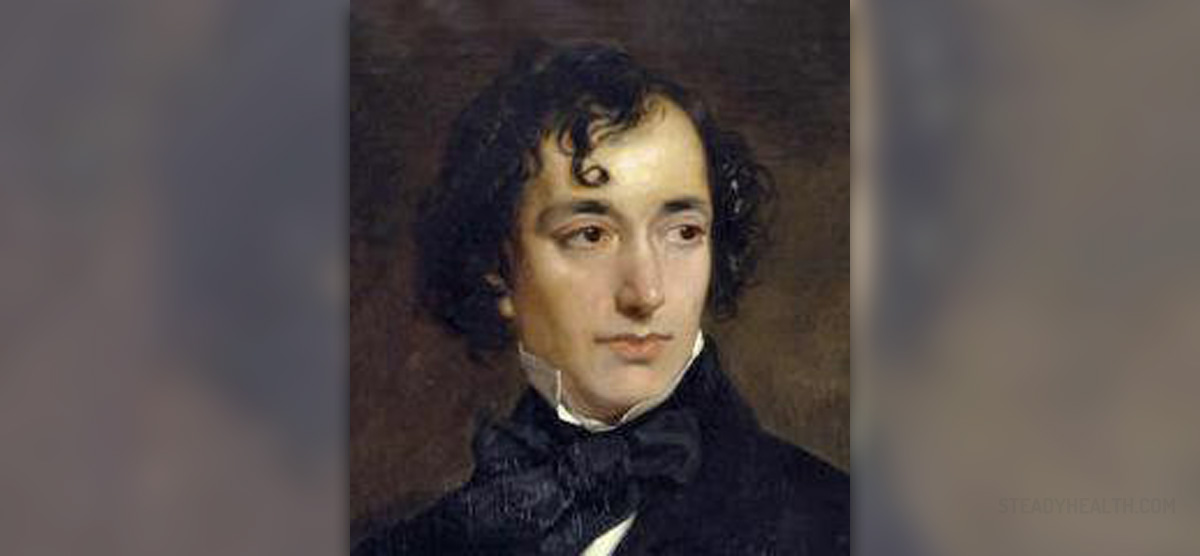
Dizziness is quite present in our world, troubling people, especially once they are older than 40. In fact, 5-10% of all visits to the doctor's take place due to vertigo, dizziness or lack of balance. However, with people older than 40, this number is 40%. People older than 65 have 25% chances of falling due do bouts of dizziness. Dizziness can be closely connected to hearing loss and hearing problems such as tinnitus. Combined together, these two may make people suffer from a mixture of headaches, hearing problems, vertigo and even nausea.
Treatment for Dizziness
The primary care physician is supposed to examine the patients who come complaining about the dizziness they are feeling and try to find the underlying causes of behind their conditions. Once this is complete, the primary care physician is to send the patient to an adequate specialist, where the treatment will continue.
If the dizziness and vertigo are acute, these are usually treated with vestibular suppressants, antiviral or antiemetic medications as well as steroids in some cases. Vestibular suppressants are not recommended to be used for more than several days, since these interfere with the normal processing activities of our brain. On the other hand, vestibular rehabilitation is excellent for boosting central vestibular compensation.
Types of Dizziness
Speaking of vertigo, vestibular neuronitis is the most common trigger of this fit, affecting 170 people on every 10,000 individuals. Herpes simplex is thought to be the main culprit behind this condition, affecting the vestibular ganglion and nerves within a patient. The patient may suffer from a prodromal respiratory illness, taking place along with the vertigo. This type of vertigo bothers one for several days after which it ceases. However, during the illness, the patient is likely to feel sick and incapable of functioning normally.
Statistically, every third patient suffering from acute vertigo, develops chronic vestibular symptoms which may then evolve into benign paroxymal positioning vertigo or, shortly, BPPV.
This type of vertigo takes place once the patient moves his/her head or changes his/her body position. This condition may take place as an effect of idiopathic or post-traumatic experiences. Also, Meniere's disease and delayed endolymphatic hydrops can go hand-in-hand with BPPV.
BPPV usually affects the posterior canal or, less commonly, the horizontal canal. Thus, the treatment usually involves repositioning of the canals from the affected ones to the vestibular. BPPV cannot be treated with medications.
Finally, Meniere's disease is a condition which manifests through episodic vertigo, tinnitus and potential hearing loss becoming more severe if this disease is left neglected. In 80% of cases, diuretics and salt restrictions through diet modification is the best treatment. However, steroids can help too, along with some surgical procedures.





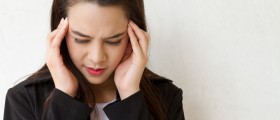

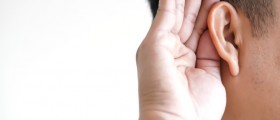
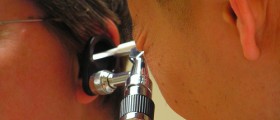


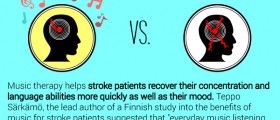

-and-Multiple-Sclerosis-Differences-And-Similarities_f_280x120.jpg)
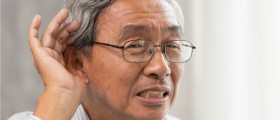


Your thoughts on this
Loading...